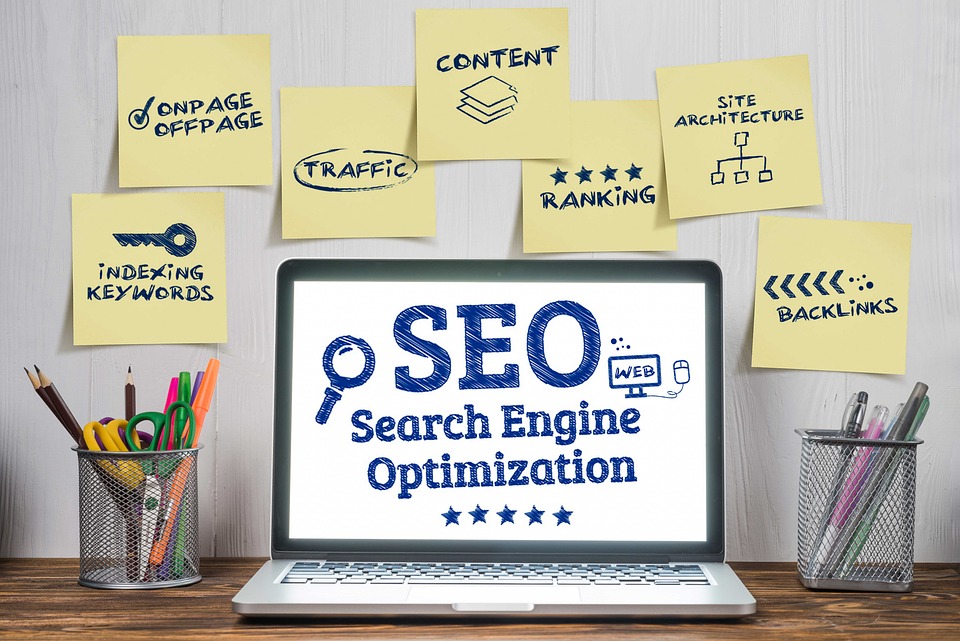SEO, or Search Engine Optimization, is the process of optimizing a website or content to rank higher in search engine results pages (SERPs) and drive traffic to the site. However, there are many myths surrounding SEO that have been perpetuated over the years. In this article, we will debunk some of the most common SEO myths and separate fact from fiction.
Myth 1: SEO is a one-time task
Many people believe that once they have optimized their website or content, they do not need to continue working on SEO. However, SEO is an ongoing process that requires continual effort to maintain and improve rankings. Search engines are constantly updating their algorithms, and new competitors can enter the market at any time, making it crucial to regularly update and optimize your website to stay ahead of the competition.
Myth 2: Keyword density is highly important
In the past, keyword density was considered one of the most critical factors in SEO. However, search engines have evolved significantly, and now keyword density is only one of many factors that influence rankings. Instead, search engines focus on factors such as relevance and the user experience, so it’s essential to create valuable and engaging content that answers users’ queries.
Myth 3: Paid search results always appear at the top
Many people believe that paid search results always appear at the top of SERPs. While paid results do appear at the top and bottom of SERPs, they are labeled as advertisements. Organic search results, which are more valuable and trustworthy, appear below the paid results. Additionally, appearing at the top of paid search results does not guarantee clicks or conversions, making it crucial to position your content properly.
Myth 4: Link building is all that matters
While link building is an essential part of SEO, it’s not the only factor that influences rankings. Search engines consider various other factors, such as page load speed, mobile responsiveness, and user experience. Therefore, it’s crucial to optimize your website for all these factors to rank higher and drive traffic.
Myth 5: The more pages, the better
Creating more pages does not necessarily improve your website’s rankings. Instead, creating valuable and relevant content that provides a good user experience is essential for SEO. Furthermore, having multiple pages that target the same keywords can lead to keyword cannibalization, which can harm your SEO efforts.
Myth 6: SEO is all about the technical aspects
While the technical aspects of SEO, such as page load speed, site architecture, and XML sitemaps, are essential, they are only a small part of SEO’s overall picture. Content creation, keyword research, and link building are equally crucial for SEO success.
Myth 7: Social media does not affect SEO
Social media can indirectly influence SEO by driving more traffic and links to your website. Additionally, social media accounts often appear in SERPs, providing additional opportunities to drive traffic to your site. Therefore, it’s crucial to maintain an active social media presence and regularly share high-quality content to attract more traffic and followers.
In conclusion, debunking common SEO myths is crucial to optimizing your website or content effectively. By understanding the facts and separating them from fiction, you can stay ahead of the competition, enhance your website’s rankings, and drive more traffic to your site.





